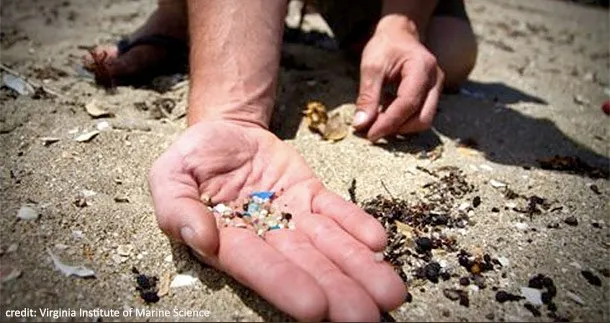
New Jersey’s law banning plastic bags and polystyrene foam food service products went into effect on May 4, 2022. The law is a result of years of lobbying and strategizing by state environmental leaders and is regarded as the strictest plastic bill in the United States. It is just one example of NJ’s impressive commitment to protecting its natural resources, particularly along its extensive coastal zone.
The law aims to change the culture around plastic use and encourage consumers to incorporate reusable materials, such as reusable shopping bags and non-throwaway utensils, into more sustainable daily practices.
“We need to take action to fight against plastic pollution and move, ultimately, towards a plastic-free future,” said Senator Bob Smith during the legislative assembly back in 2020. “Plastic bag bans have proven effective elsewhere, such as Los Angeles, which saw a ninety-four percent drop in single-use bags. This session, we have the opportunity to become the model for others to follow.”
The law most pointedly aims at reducing single-use plastics across the state, which are responsible for a multitude of environmental problems. Single-use plastics are created from petrochemicals, or fossil-fuel-based materials, and are found most ubiquitously in items like packaging, takeaway containers, and utensils. According to NRDC, “[the United States] produce[s] 300 million tons of plastic each year worldwide, half of which is for single-use items. [This is] nearly equivalent to the weight of the entire human population.”
In the age of COVID-19, when disposable materials are used to protect human health, the concern around plastic accumulation is even more critical.
The bill is designed to eliminate the need, production, and disposal of single-use plastics which end up in our waterways. The Legislature identified that “in 2017, only 8.4 percent of plastics in the United States were recycled” and that “approximately eight million tons of plastic end up in the oceans annually.” Due to the nature of their often-small size and shape, single-use plastics are difficult to recycle properly, as they often fall through the machinery. These non-recycled materials instead end up in landfills or accumulate as litter that clogs New Jersey’s precious waterways. A majority of the waste that ends up in our oceans comes from single-use plastics, which get ingested by birds and marine animals and get caught around animals’ bodies.
Effects of plastic on ocean environments
Plastics do not biodegrade, but rather become microplastics, which are plastic fragments less than 5 mm in length, according to the U.S. National Oceanic and Atmospheric Administration (NOAA). The accumulation of microplastics is concerning because they are commonly ingested by fish and other marine life and therefore make their way up the food chain. As these plastics sit and break down, they can release toxic chemicals into waterways as well, which can come as a considerable cost to not only marine life but tourism and local economies as well.

Additionally, single-use plastics are well-documented in their contribution to greenhouse gas emissions and climate change at every stage of their production and distribution. The drilling of their materials is linked to methane leaks and deforestation. The refining process is extremely energy-intensive, and the toxic fumes from the incineration of accumulated plastic waste pose health hazards to humans and wildlife alike.
By banning single-use plastics statewide, the law has the potential to radically change culture towards sustainable consumption. The bill targets single-use plastics at their source distributors and thus lays the groundwork to ensure that future generations can interact with, recreate in, and enjoy clean and safe ocean waters. If approved by the Assembly and Governor Phil Murphy, New Jersey is set to become one of the country’s leaders in the long-term outlook for sustainability.
Local towns have been proactive in adopting local ordinances in conjunction with these new sets of parameters around controlling plastics production, consumption, and disposal. In Ocean County alone, Point Pleasant Beach, Stafford Township, and Long Beach are just a few places on a growing list of towns and townships implementing their own plastic bag regulations. In an impressive push towards sustainability, these municipalities have implemented aggressive environmental regulations ahead of the statewide passing of the law.
